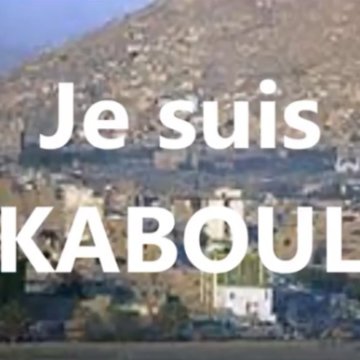- About
- Topics
- Story
- In-Depth
- Picks
- Opinion
- News
- Donate
- Signup for our newsletterOur Editors' Best Picks.Send
Read, Debate: Engage.
The Afghan capital Kabul that has been reeling from bloodshed for the past many decades saw yet another barbaric attack on Wednesday that claimed up to 90 lives – mostly civilians including women and children, and left more than 400 wounded.
The sites in this cursed city were heart-breaking on that day. Young men and women, boys and girls littered with blood, crying, shocked and stunned. How can someone so mercilessly take so many civilian lives? And, for what and why? The vicious cycle of violence in this country is further aggravating the never-ending suffering of the Afghan people.
The perpetrators of this massive truck-bomb that had up to 1500 kilograms of in it most certainly knew civilians in the bustling Zanbaq Square are going to bore the brunt even if their target was any military or government installation at a distance in the diplomatic corridor. This gruesome act of terror in fact a war crime need condemned in the strongest possible way by the whole world, and those behind it deserve no mercy what so ever.
The irony never ended as many more lives were lost on the same spot just two days after the attack. A protest demonstration by the civil society activists was hijacked by opportunist political party that instigated further violence, and clashes with the security forces. Ahmad Zia Masoud, the former Presidential Adviser who was recently sacked by the government for not delivering in his two-year term, turned the Friday protest into a political movement to regain the perks and privileges he lost following his dismissal. The display of arms by Massoud’s supporters in this protest rally spoke volumes of their actual agenda.
The Afghans badly need to reach a peaceful resolution of the conflict they are facing for the past 15 years. Though, the Taliban did deny their involvement in the truck bombing in Kabul on Wednesday, but they definitely need to do more than that to prove their willingness for peace in the country.
